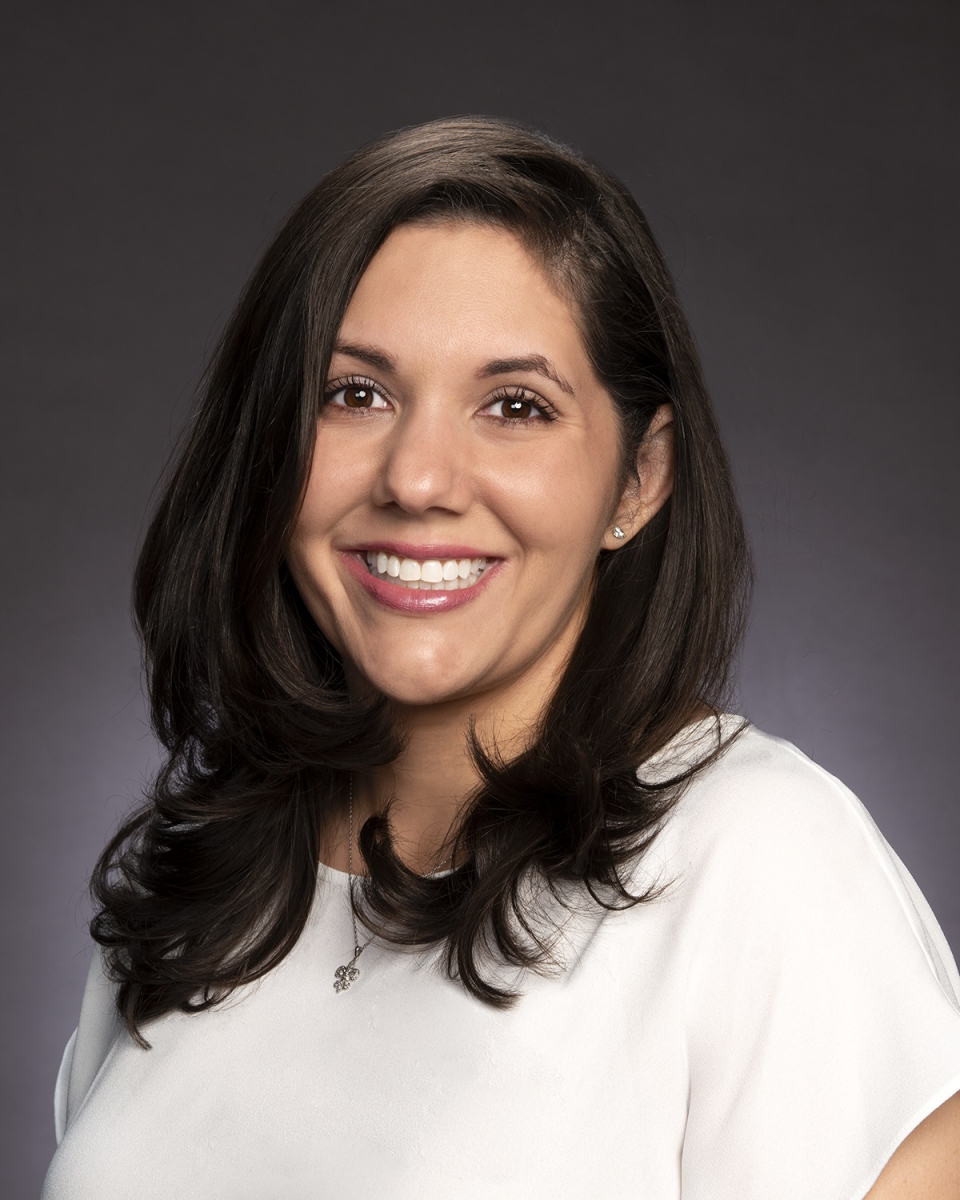 Radiology Associates announced the hiring of L. Katherine Harris, MD. She is a dual fellowship-trained radiologist in breast imaging and pediatric radiology. “We are proud to announce that Dr. Katherine Harris has joined our talented team of subspecialty radiologists,” says Scott B. Schuber, MD, Radiology Associates’ managing partner. “Katherine is fellowship-trained in both Breast and Pediatric Imaging, and will further optimize the care of these unique patients.”
Radiology Associates announced the hiring of L. Katherine Harris, MD. She is a dual fellowship-trained radiologist in breast imaging and pediatric radiology. “We are proud to announce that Dr. Katherine Harris has joined our talented team of subspecialty radiologists,” says Scott B. Schuber, MD, Radiology Associates’ managing partner. “Katherine is fellowship-trained in both Breast and Pediatric Imaging, and will further optimize the care of these unique patients.”
Harris graduated with a Bachelor of Science in Cell and Molecular Biology with minors in chemistry and French from Newcomb College of Tulane University in New Orleans, La. She earned a Master of Science in Experimental and Molecular Pathology from the University of Southern California in Los Angeles, Calif. She earned a Doctor of Medicine from Louisiana State University School of Medicine in Shreveport, La. Harris completed an internal medicine internship at the Louisiana State University Health Sciences Center in Shreveport, La. She completed a diagnostic radiology residency at Creighton University Medical Center in Omaha, Neb.
Harris completed a fellowship in pediatric radiology at Children’s Hospital and Medical Center, Omaha, Neb. and a fellowship in breast imaging at Yale New Haven Hospital in New Haven, Conn. She is a member of American College of Radiology, American Society of Emergency Radiology, Radiological Society of North America, Society of Breast Imaging, and Society of Pediatric Radiology.
“The ability to see pathology before it becomes clinically apparent improves patients’ outcomes. With advancement in imaging such as fetal MRI and digital breast tomosynthesis, radiologists are able to detect pathology and therefore help improve clinical outcomes better than we ever have before,” said Harris. “As a dual fellowship-trained breast and pediatric radiologist, I subspecialize in the imaging of women, infants, and children. From performing a breast biopsy of a patient with a new breast lump to reading the chest x-ray of a premature infant, providing the imaging diagnosis to ultimately improve outcomes is very rewarding.”
